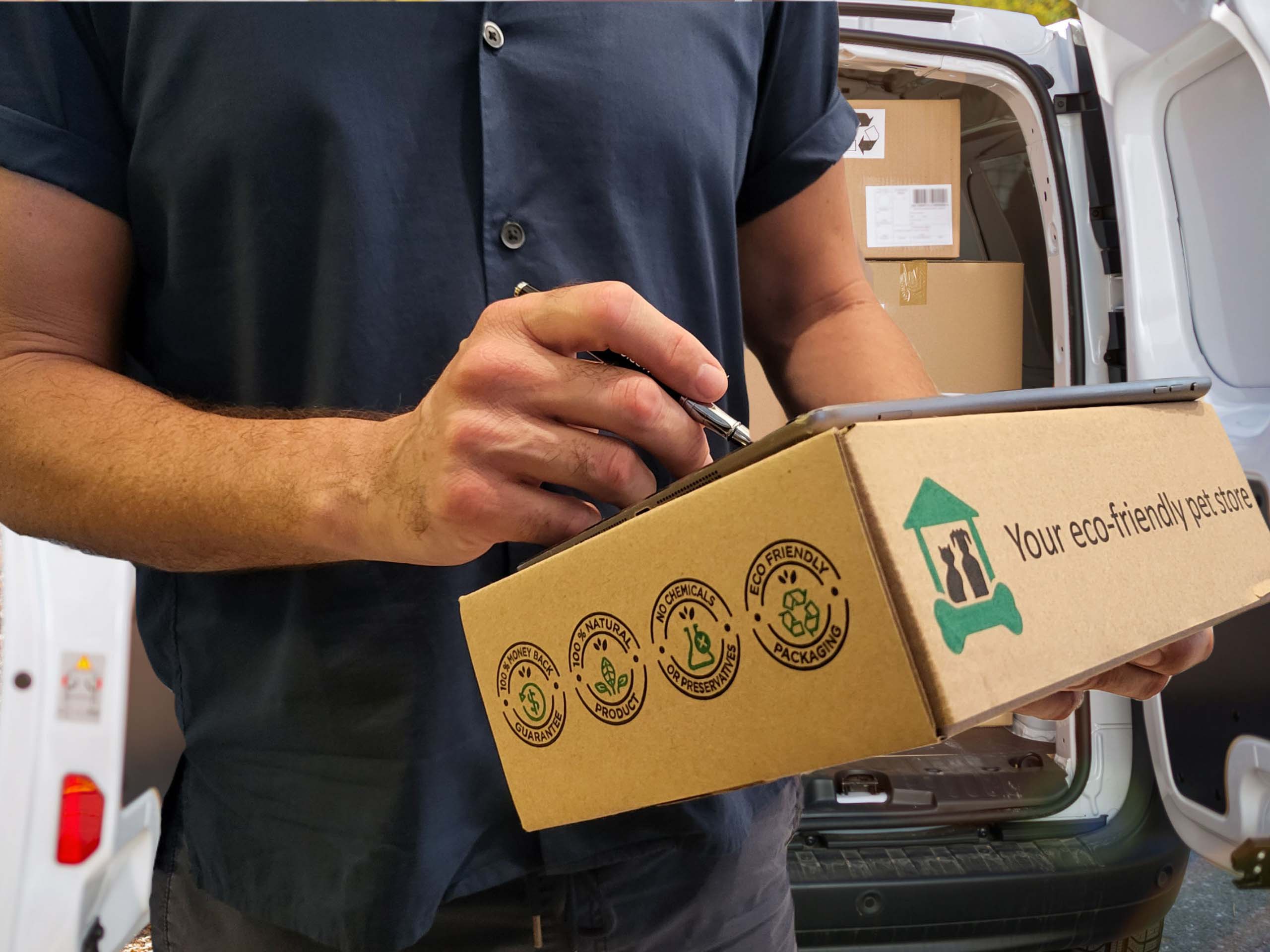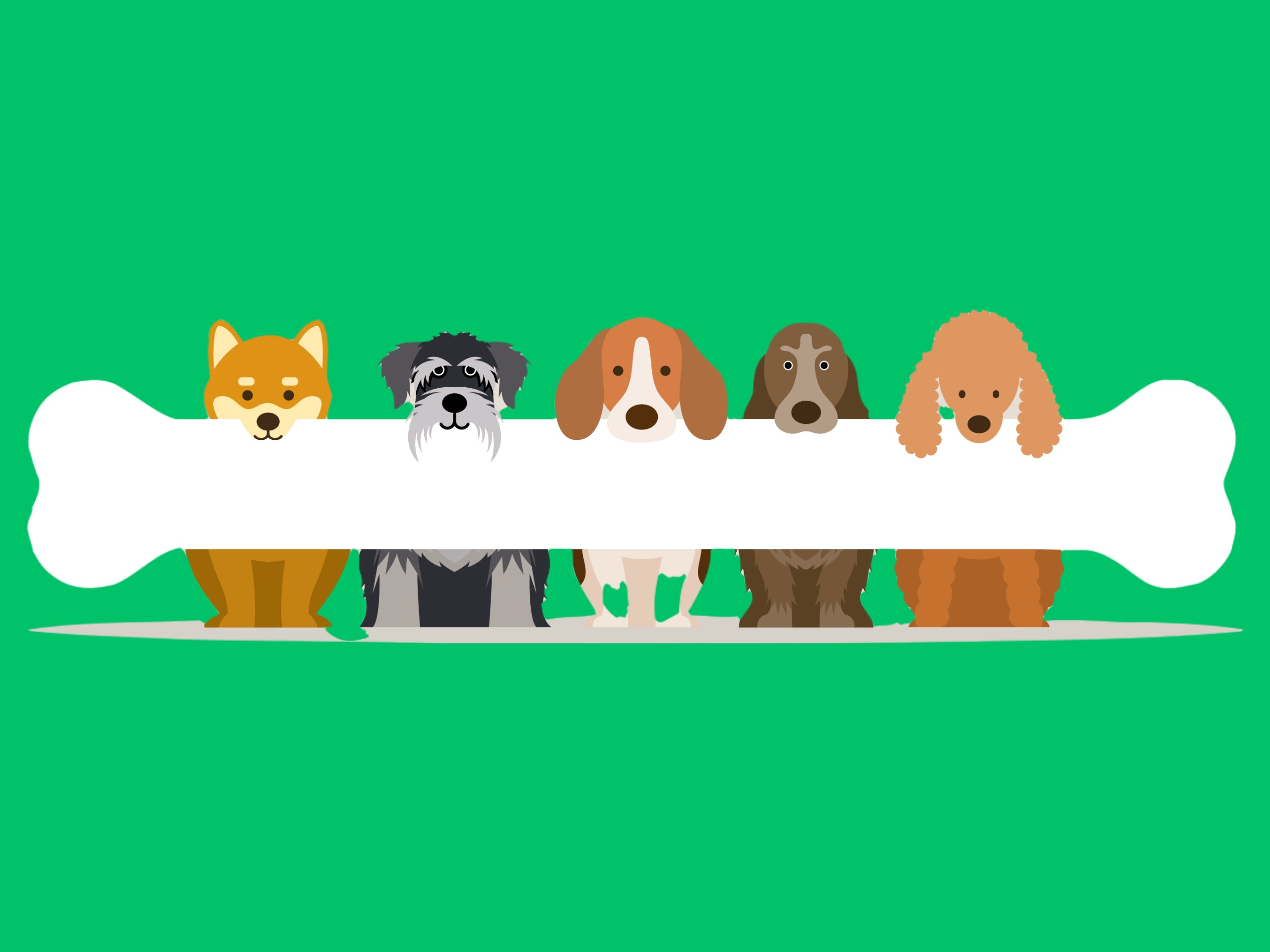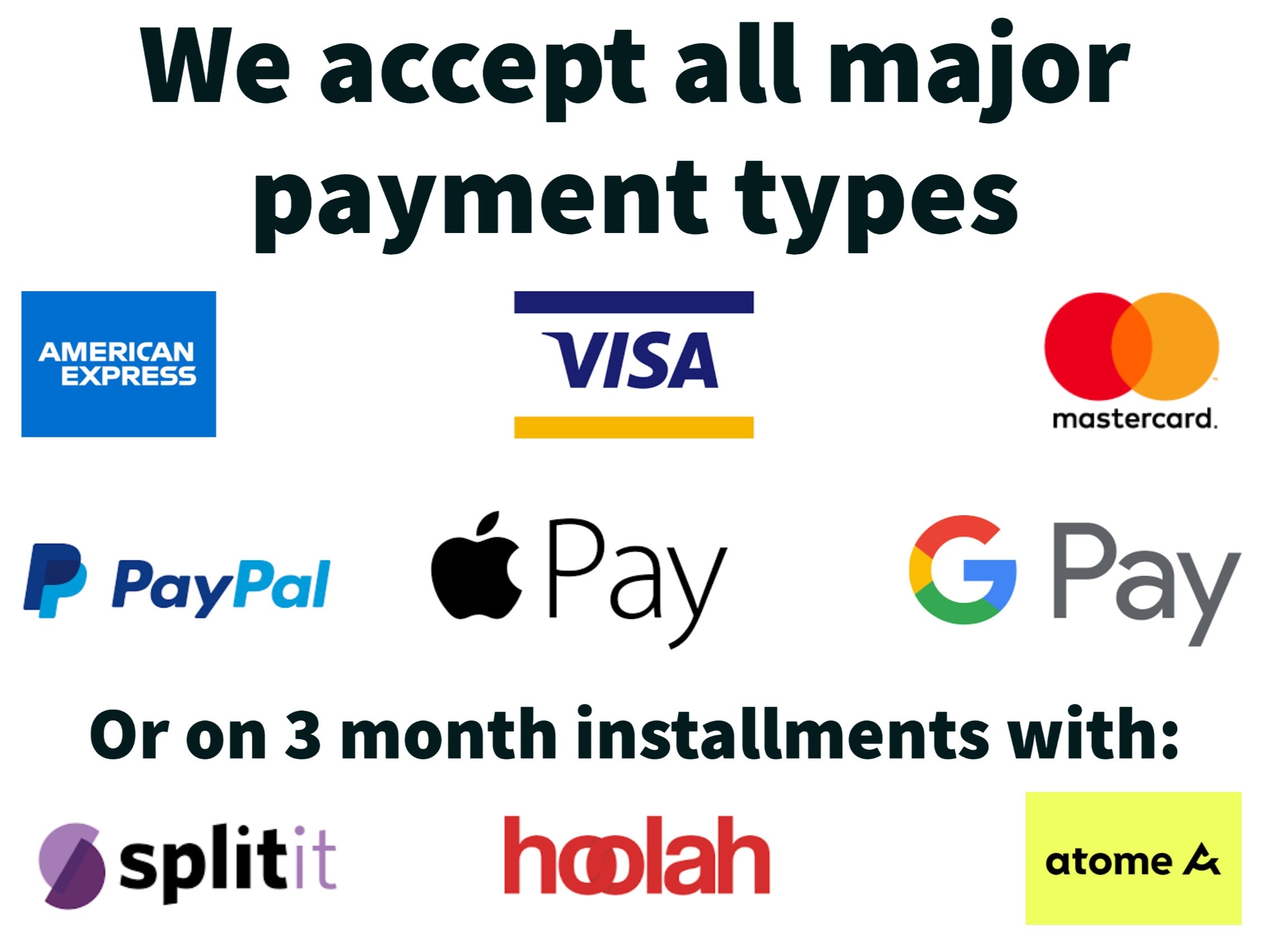Happy Town Pets' Recycling Guide for Pet Products - Reduce Your Environmental Footprint
Recycling guide and their symbols.
At Happy Town Pets, we're committed to reducing our environmental impact. Learn more about our Recycling Guide for Pet Products and how you can reduce your environmental footprint by recycling your pet products.
At Happy Town Pets, we believe that it's our responsibility to reduce our environmental impact and protect the planet for future generations. That's why we're committed to providing a Recycling Guide for Pet Products, to help our customers reduce their environmental footprint.
Many pet products, such as food bags, litter boxes, and toys, are made from materials that can be recycled. By recycling these products, we can reduce the amount of waste that ends up in landfills and protect the environment.
Here are some tips for recycling pet products:
-
Check the Label: Look for recycling symbols on the packaging of your pet products. These symbols indicate which materials can be recycled and how to recycle them.
-
Separate Your Waste: Separate your pet waste from other household waste, and dispose of it properly. Pet waste should not be placed in your recycling bin, as it can contaminate other recyclables.
-
Donate or Reuse: Consider donating your gently used pet products to a local animal shelter or rescue organization. You can also repurpose items such as cardboard boxes and plastic containers for pet toys or storage.
At Happy Town Pets, we're committed to reducing our environmental impact and helping our customers do the same. That's why we offer a selection of eco-friendly pet products, made from sustainable materials and designed to be recycled.
By working together, we can make a difference in protecting the environment and reducing our environmental footprint. Join us in our mission to make the world a better place for our pets and future generations.
Recycling Symbol #0: Natural
All products made natural such as leather, cotton, poop bags, bamboo and hemp are 100% recyclable & degradable.
Packaging like recycled paper are fully sustainable and recyclable.
Plastic Recycling Symbol #1: PET or PETE

PET or PETE (polyethylene terephthalate) is the most common plastic for single-use bottled beverages, because it's inexpensive, lightweight, and easy to recycle. It poses low risk of leaching breakdown products. Its recycling rates remain relatively low (around 20%), even though the material is in high demand by manufacturers.
Found in: Soft drinks, water, ketchup, and beer bottles; mouthwash bottles; peanut butter containers; salad dressing and vegetable oil containers
How to recycle it: PET or PETE can be picked up through most curbside recycling programs as long as it's been emptied and rinsed of any food. When it comes to caps, our environmental pros say it’s probably better to dispose of them in the trash (since they're usually made of a different type of plastic), unless your town explicitly says you can throw them in the recycle bin. There's no need to remove bottle labels because the recycling process separates them.
Recycled into: Polar fleece, fiber, tote bags, furniture, carpet, paneling, straps, bottles and food containers (as long as the plastic being recycled meets purity standards and doesn't have hazardous contaminants)
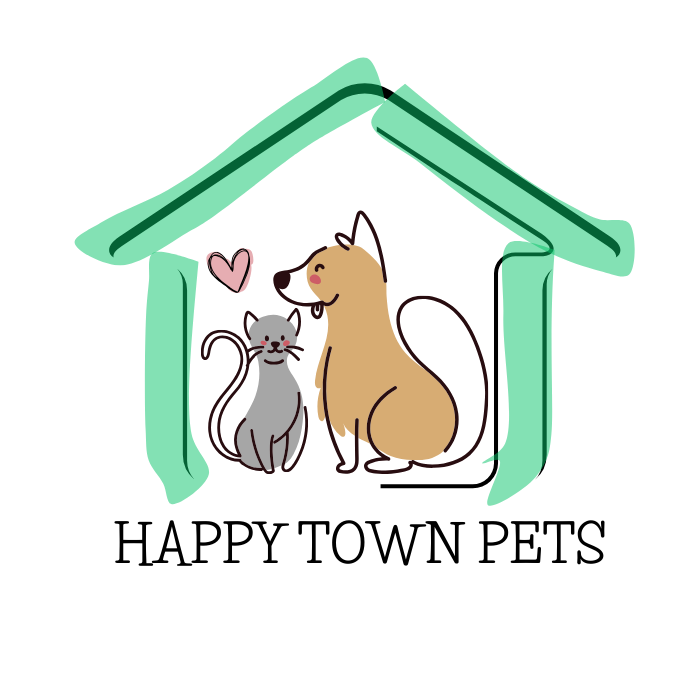
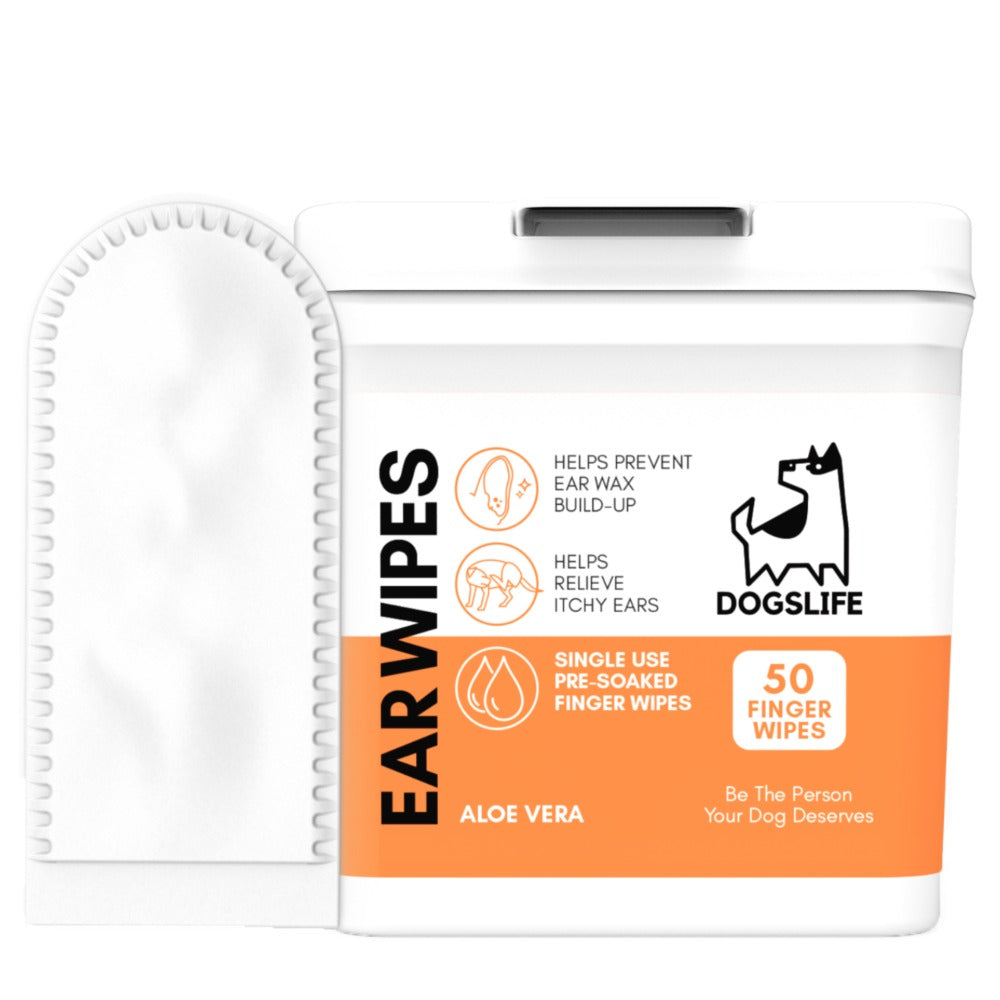
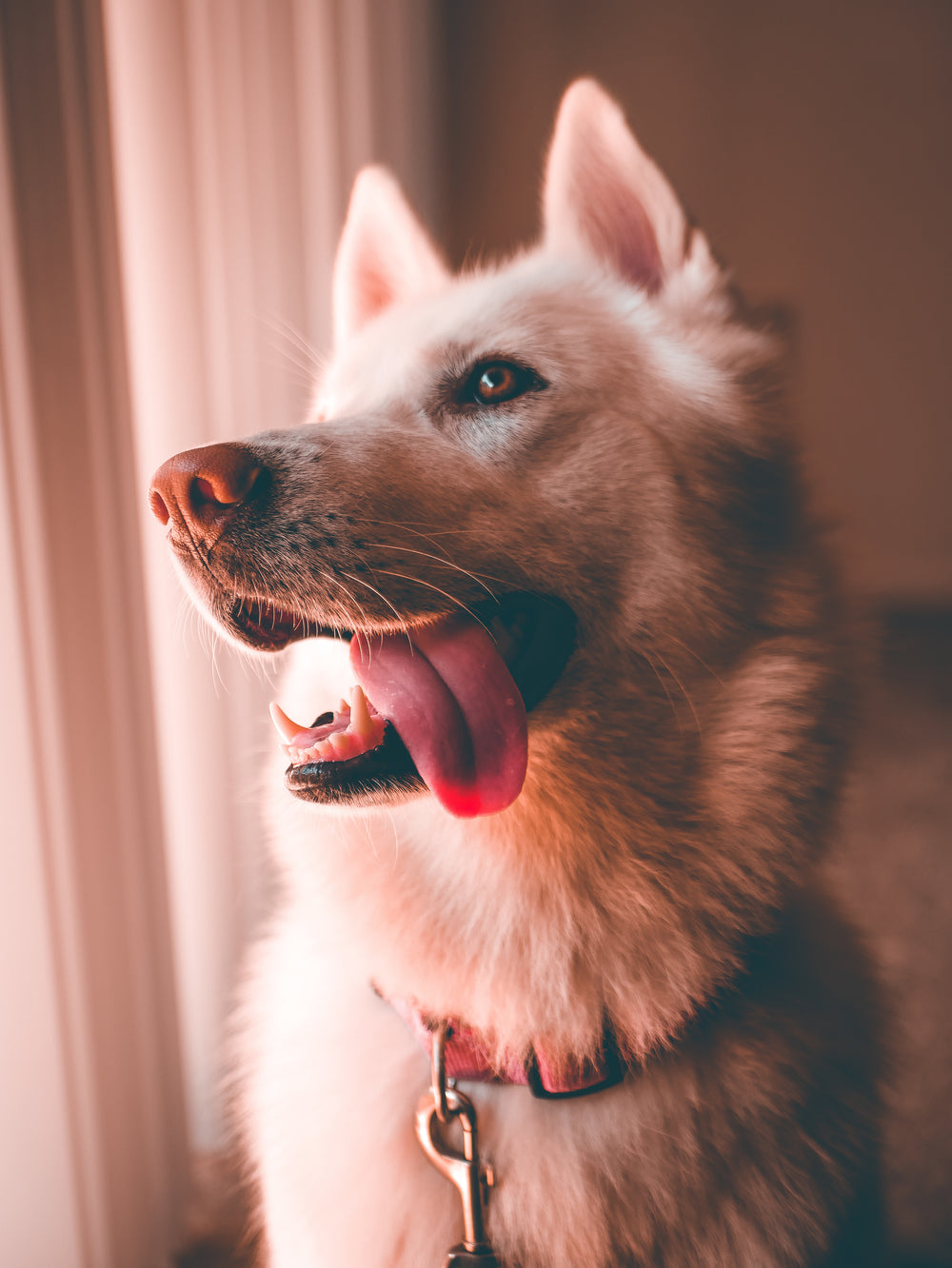
 HDPE (high density polyethylene) is a versatile plastic with many uses, especially when it comes to packaging. It carries low risk of leaching and is readily recyclable into many types of goods.
HDPE (high density polyethylene) is a versatile plastic with many uses, especially when it comes to packaging. It carries low risk of leaching and is readily recyclable into many types of goods. PVC (polyvinyl chloride) and V (vinyl) is tough and weathers well, so it's commonly used for things like piping and siding. PVC is also cheap, so it's found in plenty of products and packaging. Because chlorine is part of PVC, it can result in the release of highly dangerous dioxins during manufacturing. Remember to never burn PVC, because it releases toxins.
PVC (polyvinyl chloride) and V (vinyl) is tough and weathers well, so it's commonly used for things like piping and siding. PVC is also cheap, so it's found in plenty of products and packaging. Because chlorine is part of PVC, it can result in the release of highly dangerous dioxins during manufacturing. Remember to never burn PVC, because it releases toxins.
 PP (polypropylene) has a high melting point, so it's often chosen for containers that will hold hot liquid. It's gradually becoming more accepted by recyclers.
PP (polypropylene) has a high melting point, so it's often chosen for containers that will hold hot liquid. It's gradually becoming more accepted by recyclers.
